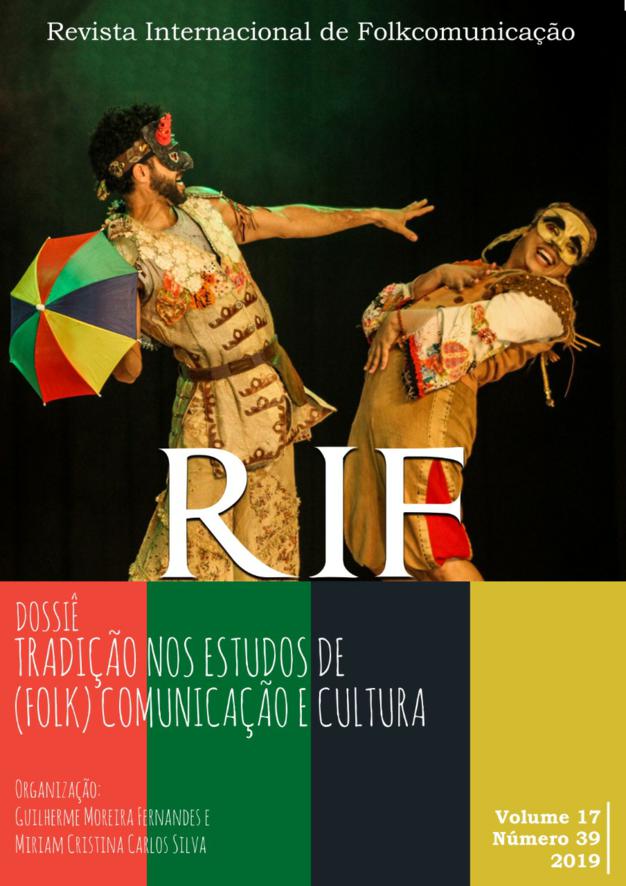The carnival as a popular manifestation: A parallel between the beltranian conception of carnival in Recife and Olinda and the rise of the carnival in Rio de Janeiro
DOI:
https://doi.org/10.5212/RIF.v.17.i39.0011Abstract
Luiz Beltrão, considered the father of folkcommunication, analyzed in his trajectory diverse forms of popular communication, from ex-votos until the carnival, mainly in Recife and Olinda. Considering that carnival has become a "Brazilian product" mainly related to Rio de Janeiro - although the carnival has European origin - this article draws a parallel between Beltrão's considerations about the carnival in the Northeast and the characteristics of the carnival in Rio de Janeiro through a socio-historical approach, explaining the origin of some forms of carnival manifestations that ended up becoming the embryo of the contemporary carnival. Carnival; Beltrão; Recife; Olinda; Rio de Janeiro.
Downloads
Downloads
Published
How to Cite
Issue
Section
License

Este obra está licenciado com uma Licença Creative Commons Atribuição 4.0 Internacional.
Os autores são responsáveis, em qualquer que seja o formato do texto, pelas opiniões expressas ou indiretas presentes em seus respectivos trabalhos, não endossáveis pelo Conselho Editorial e pelos editores da Revista, bem como pela autenticidade do trabalho. Ao publicar trabalhos na Revista Internacional de Folkcomunicação, os autores cedem automaticamente os direitos autorais à publicação para veiculação das produções acadêmicas, sem ônus para a Revista. Os autores detêm os direitos autorais do texto para o caso de publicações posteriores e concedem à Revista Internacional de Folkcomunicação o direito de primeira publicação, com o trabalho simultaneamente licenciado sob a Creative Commons Attribution License, que permite o compartilhamento do trabalho com reconhecimento da autoria e publicação inicial nesta Revista. Por serem publicados em revista de acesso livre, os artigos são de uso gratuito, com atribuições próprias, em atividades educacionais e não-comerciais, sendo permitida a publicação simultânea em repositórios institucionais.































